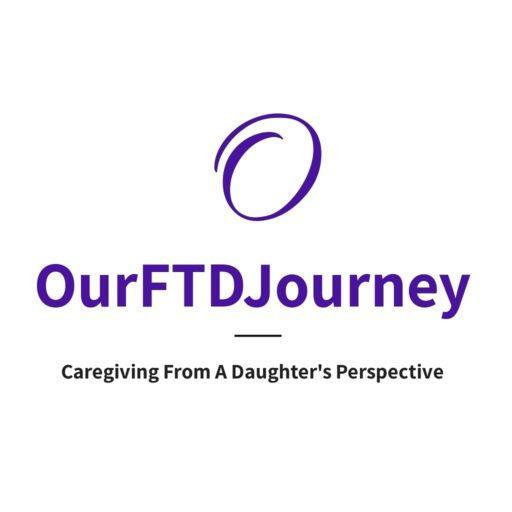Our Role As Caregivers
What I have found, even with my mother being in advanced to later stages is, sometimes I intervene when I need to let her do what she can still do for herself, instead of letting her do it.
It’s a natural reaction. We want to be there for our loved ones. We want to know they are okay. But, sometimes we need to know when to back off.
Knowing the difference between stepping in and knowing when to back off can make all the difference for them (and us).
For instance, my mother at the point where the task of eating with utensils is a challenge for her. So, we transitioned her to sandwiches for her meals. And she loves it!
Mom eating sandwiches means she is still independent enough to feed herself. As she progresses, I just cut her sandwiches into smaller pieces.
When we eat food that typically require a fork and knife, we cut her meat and veggies into bite size pieces. Or if I have to because she can’t figure out utensils that day, I’ll feed her.
This makes mom happy because she knows that she can do it on her own. She also knows this means that if she can’t figure it out, her support is there.
See, like the rest of us that don’t have the daily struggle of dementia, mom just wants to know that we are there to support her. She wants to know that if she loses the capability to complete a task, someone is there to help her through it. Isn’t that what we all want?
I work hard not to be that person that says to her, “no. You can’t do this.” I simply try to support her through it.
And that really is our role, especially in the earlier phases of the disease.
I felt like if I didn’t help her, I was failing her. What I didn’t realize is I was failing her by not letting her do what she could for herself.
So, now, I step back and step in when needed. That doesn’t mean I allow her to get discouraged. It means that I use my intuition to let me know that “okay. It’s time to step in here.”
When I need to step in I’ll say, “may I help you with this?” I get a much better response than I would if I just stepped in and took over or said to her, “here, let me do this! You can’t do this anymore!”
Don’t be in such a rush to get through a task. Give them time and be patient. If you’re constantly rushed, I’m afraid you’re just setting yourselves up for failure.
Patience is everything. It really is.
If you need to take your loved one out someplace and you know it takes them longer to bathe and dress. Allow for more time and be there if they need your support.
If you see them struggling to put a shirt on, their pants, whatever it may be, it’s okay to say, “here, let me help you with that”, or, “may I help you put your shirt on?”
If they refuse your help let them try again and ask again in another couple of minutes. But, try to never rush your loved one. You’re just setting yourself up for massive frustration and possibly a huge argument.
When the task it completed (highly successful or not) praise your loved one. I know my mom finds that encouraging.
When my mom completes a task alone, I say, “Yaaaaaaaay! You did it! Good job!” If I had to help mom with a task, I’ll say, “Yaaaaaaaay! We did it! Good job, mom!”
Mom’s happy. I’m happy. Everyone is happy. Even Bob! 🙂
Now, the kicker with FTD is, sometimes they just don’t want your help. No matter what it is. Trust me, I know.
In those moments, if it’s important enough you’ll just need to trust your instinct, get it done and keep your cool. Because more likely than not, they will get angry. But remember, it’s not them. It’s the disease.
I know. I know. You’re probably sick of hearing, “it’s not them, it’s the disease.”
But, just think about it…
Would they have reacted this way before dementia?
This isn’t my first rodeo caring for my mom. I had to take care of her after a major car accident nearly took her life around 1999. She needed help with almost everything. I didn’t get half the battle I get now.
That’s because she was in her right mind and welcomed the support. Mom knew she needed my support in order to get better.
Sadly, mom doesn’t know that anymore. And even more sadder, she’s not going to get better. This is a downward spiral. Some days, the decline is faster than others.

My spouse and I stumbled over here different web address and thought I should check things out. I like what I see so i am just following you. Look forward to going over your web page repeatedly.
Thank you so much!
I definitely hope you will subscribe to our blog. And I hope you’ll share it with people you feel like could benefit. I’ll be adding more content soon, so stay turned! 🙂